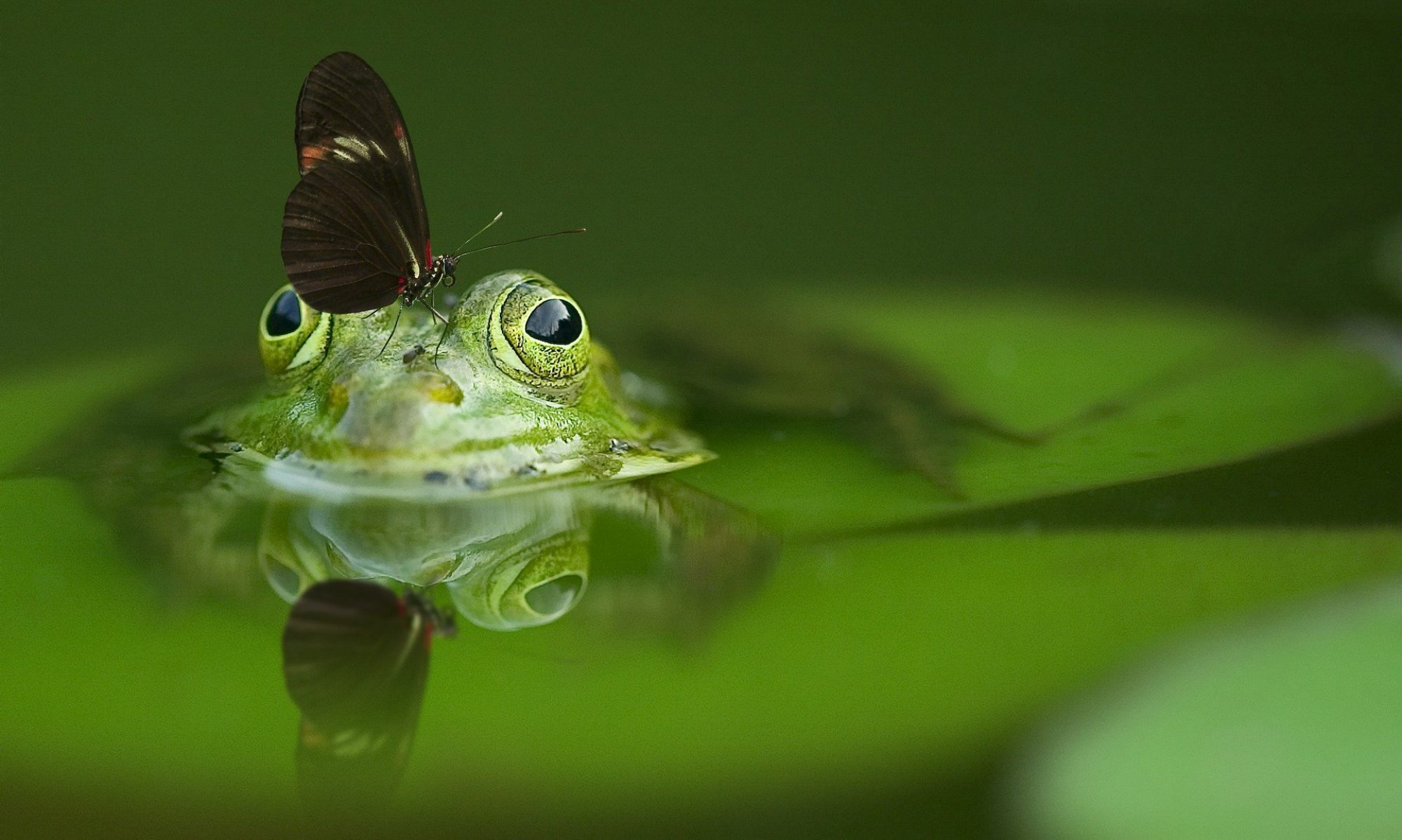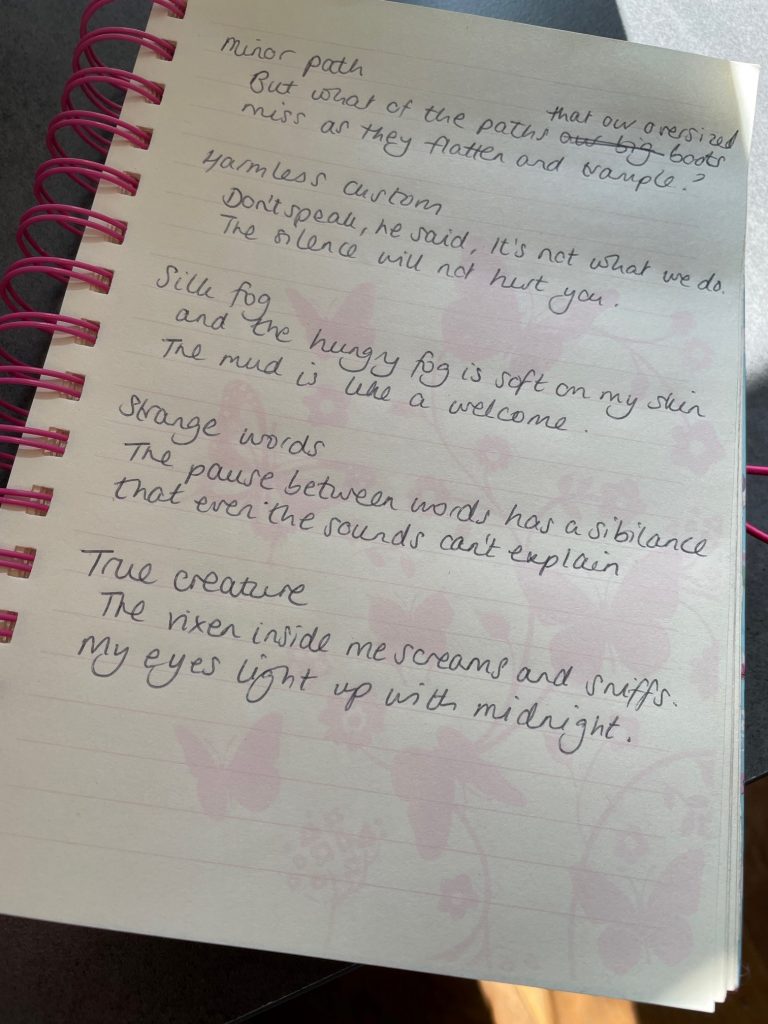
Actual footage of my brain when presented with a themed prompt
Three Tricks to Beat the Themed Submission Brain Freeze
Maybe I’m the only poet who finds this, but when I see that one of my favourite journals is running a themed submission window, I panic a bit. Because when faced with a theme to write to, my mind always goes completely blank. Themes are often just one word which is either very specific (“Playing Cards!” “Cauldrons!”) or quite ethereal (“Sustenance!” “Longevity!”) and my mind just doesn’t know where to go with them. The result? Brain freeze.
But themed prompts can be quite useful ways of writing poems I never would have thought of. Plus – cynically – there’s probably more chance of publication in a themed issue, since the issue ie likely to attract less spurious submissions. So here’s three tricks I’ve used to turn the prompt into a poem.
-
Recycle
Have a look through all those random lines, couplets and starters you’ve scribbled down and done nothing with. If you had to incorporate the prompt into them, what would you do? This is quite a good way of prompting connections you might not have otherwise thought of – and reviving lost ideas!
So I have found in my phone:
They made a crisis out of looks and sellotape,
Hung it on a headline to air,
watched the panic germinate.
Adding in the “cauldron” prompt sparks me to carry this poem on:
They threw some news into a cauldron,
stirred it up with a brand new slant
and folded it into paper…
A start maybe?
Or maybe I could have added in the “Longevity” prompt
They cultivated it with jealous fingers,
drew out the flowering as long as they could…
…and so on. Maybe if it was the sustenance prompt, they would have ended up eating news cucumbers. Who knows.
-
The random adjective trick
My favourite trick – pick a random adjective. Stick your finger in a book, look round the room and describe something, or or just pick the most mismatched adjective you can think of! Then pair it with the prompt. Suddenly you have something specific to work on. Picking adjectives randomly from George R R Martin’s Game of Thrones to pair with my example prompts above gives me a few phrases which immediately set off more ideas. Don’t hold me to the lines, they’re just what came into my mind!
Empty-eyed playing cards
“On Thursdays, she plays solitaire / gazing at empty-eyed playing cards”…
Guilty cauldrons
“Only the cauldrons and the cats / know what they have made / but the cats don’t care, or else, they don’t say…”
Reassuring sustenance
“And thank god for the biscuit that flops into my tea like the best and worst of friends”
Dark longevity
“I swear, each moon, the night lasts a little longer…”
Now there’s a bit more to get my teeth into!
-
Google Images
Ah, good old Google. If in doubt, and if you’re a fairly visual person. just google the word and click on images. Have a scroll and see what inspires you. Even googling “playing cards” gave me a few ideas:

“I started seeing eyes in the playing cards,
not kings or naves, but the people I have lost.
Unlucky as black sevens,
stark as deuces,
they grew from the pack like impossible houses…”
So there you go! Three tricks to get your themed submissions singing! Now, where did I put my three poems on the theme of caustic soda…
If you enjoyed this article, follow me on Facebook @parmenterpoetry, on Twitter @ninaparmenter, on Instagram at @nina.parmenter – and please join my mailing list!









